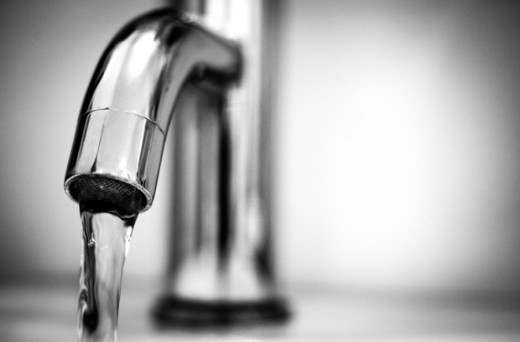“We are asking everyone’s assistance for a few more days,” Billy George, the district's assistant deputy, water, stated in the release. “It’s an unfortunate situation where as temperatures rise, so does the likelihood of burst pipes in homes and businesses. It’s important to keep up our conservation efforts now so that we can continue to refill our cities' and water utilities' water towers and storage tanks.”
Original: Due to increased water demand, city officials in McKinney, Plano and Richardson are asking residents to reduce their water usage as much as possible.
In a news release, the city of Plano stated the region's water supplier, the North Texas Municipal Water District, is experiencing demands for water that are “above system capacity.”
Due to the extreme winter weather, the water district has experienced equipment challenges, the release stated.
“As a result, they are not able to supply the water at the rate of current demand,” the release stated.
The cities of McKinney and Richardson issued similar releases Feb. 17. McKinney’s release stated that typical daily demand in the winter for the city is 21 millions of gallons per day, but as of Feb. 16, demand was 39 millions of gallons per day.
While the water supplier works to restore system capacity, the cities are asking residents to reduce water usage. Dripping water slowly from faucets to prevent frozen pipes is acceptable, but the cities suggested delaying doing the dishes and laundry and to take short showers instead of baths.
The Plano release also stated that sprinklers and other irrigation systems should be turned off and that anyone found using these systems will have them shut off and will be fined.
All three cities' water remains safe to drink, and boiling is not necessary, according to their releases.
The North Texas Municipal Water District also issued a news release Feb. 17 asking for similar measures from all its member cities to help preserve water supplies that are essential for firefighting, medical facilities, and basic human health and sanitation.
“The district is confident, with public assistance, that essential water demands can be met by eliminating other water uses,” said Billy George, the North Texas Municipal Water District assistant deputy of water, in the release. “We ask the cities and water utilities served by NTMWD to share this notice and to take any measures necessary to assist in reducing non-essential water use."
In addition to McKinney, Plano and Richardson, the water district's other member cities are Allen, Farmersville, Forney, Frisco, Princeton, Rockwall, Royse City and Wylie.
The water district is optimistic that will have additional capacity online the evening of Feb. 17 or the morning of Feb. 18. In the meantime, the district's release stated that it is critical to restrict water demands to only essential water uses until additional supplies are available.
The water district encouraged the following.
- Isolate water leaks immediately;
- Do not hoard water;
- Do not wash clothes or dishes—wash only when necessary;
- Delay showers and only hand-bathe when necessary;
- When possible, do not drip faucets;
- If dripping faucets is needed, collect the water for other uses, such as filling toilets, washing dishes, etc.
- Do not use the garbage disposal and place food scraps in a garbage can or compost;
- Turn off the water to brush teeth, shave and soap up in the shower;
- Ensure that hose bibs and facets are protected from freezing weather;
- Locate and repair any water leaks; and
- When cooking, peel and clean vegetables in a large bowl instead of under running water.





